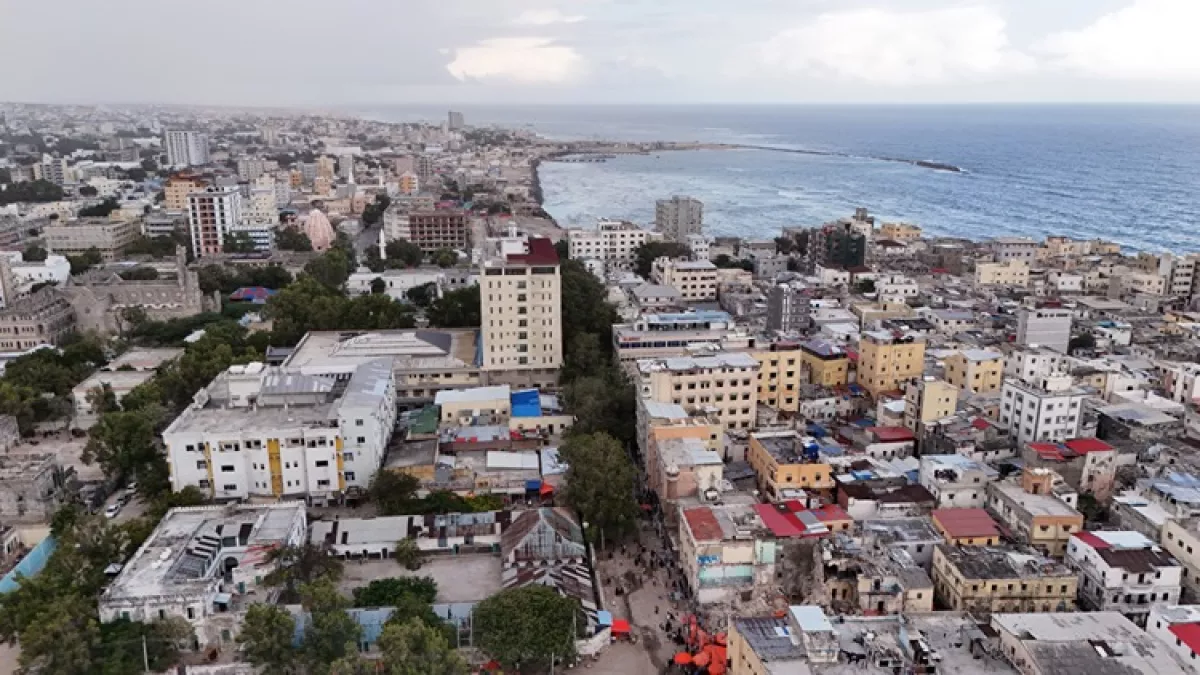Stability breathes new life into Somalia’s tourism dreams
After decades of being defined by conflict and instability, Somalia is beginning to reveal a new identity—one of vibrant culture, natural beauty, and growing tourism potential. Latest article by Anadolu Agency notes that as stability slowly takes root, the country is positioning itself as a surprising new destination in the Horn of Africa, drawing both locals and foreign visitors eager to rediscover its markets, beaches, and rugged desert landscapes.
In Mogadishu, mornings begin with bustling markets where stalls overflow with fruits, spices, and handmade crafts. Shoppers haggle energetically, reflecting the resilience of a community determined to carry on with daily life despite lingering security concerns. These lively scenes offer a glimpse into a society regaining confidence and reconnecting with its traditions.
Beyond the capital’s markets, Somalia’s coastline presents another facet of this transformation. Along the Indian Ocean, white sandy beaches have become popular gathering places, where young people swim, play sports, and relax with friends and family. Children’s laughter mingles with the sound of waves, and occasional beach festivals showcase a more hopeful, tourism-driven side of the country.
Adventure seekers are also discovering Somalia’s deserts. In recent years, high-energy rallies across the rugged terrain have drawn large audiences, offering adrenaline-fueled races that double as cultural spectacles. The Jazeera area, about 20 kilometers (12 miles) south of Mogadishu, has become a focal point for these events. On Fridays, a public holiday, crowds of families gather there for picnics, combining leisure with excitement.

These snapshots of everyday life highlight the resilience of Somalis and the determination to shape a better future. Women, in particular, play a crucial role in keeping the economy alive, whether by running small businesses or driving activity in local markets.
Tourism specialists point to Somalia’s long, untouched coastline, its historic legacy, and cultural richness as major assets that could allow the country to rival other destinations in the region. With continued improvements in security, Somalia could emerge as a leading hub for marine tourism and adventure sports in the Horn of Africa.
Local voices echo this optimism. Bella Maxamed Iimaan, a tour guide working with both Somali and international visitors, said she frequently organizes trips to the Jazeera coast, especially on weekends, to showcase the nation’s natural beauty. She noted that many expatriate Somalis born abroad are particularly moved by the experience of rediscovering their homeland.
“They come to breathe fresh air, take in the scenery, and explore new places. It changes the way they see Somalia and helps them build a new connection to the country,” she explained.
Ahmed, a Somali national born in Yemen and raised in Egypt, shared a similar impression during his holiday visit. Reflecting on his last trip in 2020, he noted the striking improvements. “A lot of things have changed now; it is safer than before, and life has become good,” he said, expressing hope that Mogadishu will become even safer in the future.
He praised the Somali government’s efforts to strengthen public safety and called on the international community to visit and see for themselves what the country has to offer. At the same time, Ahmed stressed the urgent need to rebuild the education system, which has suffered for over three decades, and underscored the importance of investing in schools and training knowledgeable professionals for Somalia’s future.
As stability takes firmer hold, Somalia is beginning to trade its image of hardship for one of resilience and opportunity, laying the foundation to become the Horn of Africa’s newest tourism gem.
By Tamilla Hasanova








